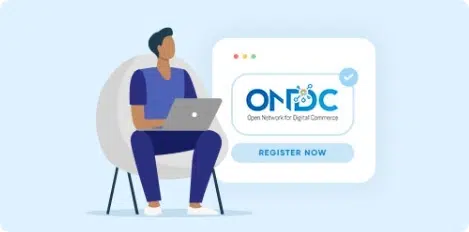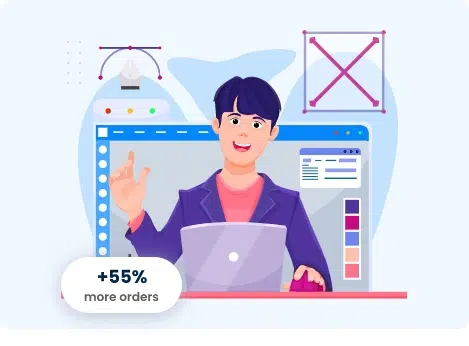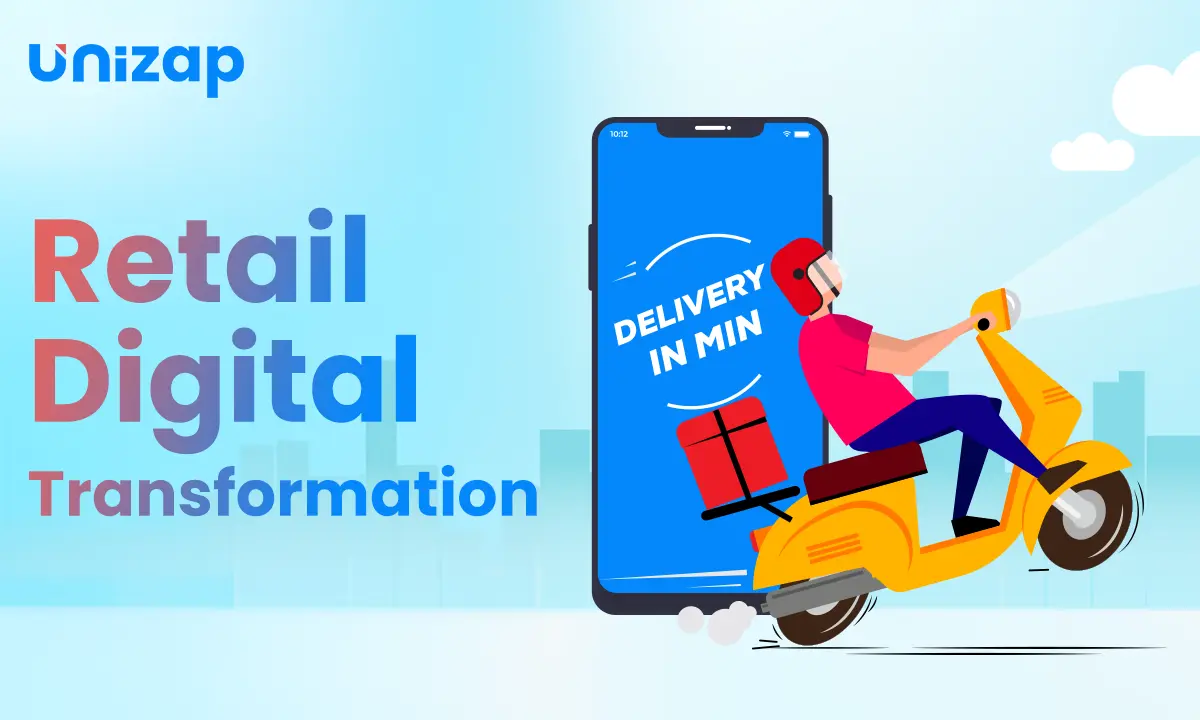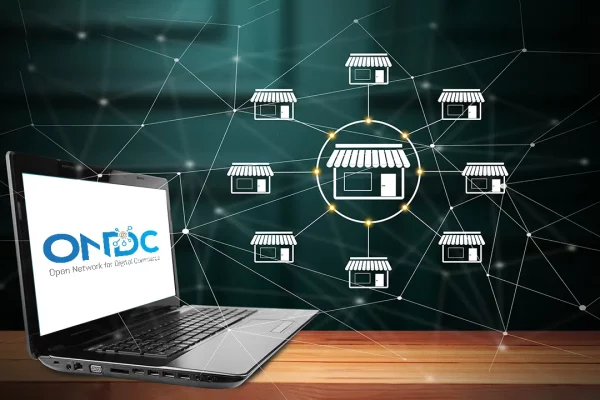The internet has drastically transformed the way we do business in today’s online era. Selling online has become critical for all companies trying to stay in the competition and expand their consumer base thanks to the rise of eCommerce platforms and online marketplaces. Whether you’re a small business owner, entrepreneur, or freelancer, if you start selling online, it may help you access a broader audience, increase sales, and enhance your bottom line.
In this blog article, we’ll look at some of the most compelling reasons you should start selling online and how it may help your business in the long term. From increased visibility to improved flexibility and scalability, we’ll cover all you need to know to get started and prosper in the global economy.
What is eCommerce?
Let us start with the fundamentals. When we discuss eCommerce, what does that exactly refer to? How does it function? What are the different kinds of eCommerce in the market?
The buying and selling of goods and services, as well as the sending of money or data through an electronic network—most notably the Internet—, is referred to as eCommerce or electronic commerce.
There are several types of eCommerce namely-
- Business-to-Business (B2B) – A few examples might be Indiamart, Alibaba, etc where they sell office supplies, electronics, and so on for other businesses.
- Business-to-Consumer (B2C) – This includes popular websites like Amazon, Flipkart, Myntra, and Nyka which sell their products directly to customers.
- Consumer-to-Consumer (C2C) – We have websites like Olx, Meesho, and Quickr which connect customers to other customers to buy and sell amongst themselves.
- Consumer-to-Business (C2B) – This usually includes customers offering services to businesses through websites like Indeed, Naukri, Internshala, etc.
- Business-to-Administration (B2A) – This might include businesses getting the opportunity to bid on government opportunities like auctions, tenders, etc.
- Consumer-to-Administration (C2A) – Consumers who file tax returns, payment of health services, distance learning, etc.
There are platforms that host eCommerce transactions and build online stores for registered sellers, such as Shopify, Unizap, Ecwid, and Amazon. They are called software-as-a-service (SaaS) platforms that allow users to subscribe to online store infrastructures or open-source tools that companies manage on their own or with the aid of in-house developers in case of large-scale business.
Advantages over physical stores
Without any doubt, it’s cheaper and easier to start selling online than to start a physical store from scratch. Along with its expense, there’s another disadvantage of stores only being open for a fixed number of hours. Sometimes it might have to close on certain days, such as public holidays, or if there’s a problem with the store, which might further limit client accessibility. You don’t have this disadvantage while selling online. Customers don’t even need to physically come to your shop to inspect and buy your products. They can do so conveniently during their daily routine.
eCommerce offers many advantages compared to traditional physical stores. One of these benefits is that ecommerce stores have a wider variety of products available for customers to choose from. This means that you can sell more types of products when selling online than in your physical store. Additionally, eCommerce allows businesses to reach customers all around the world. So, your sales aren’t limited to just your locality now. Moreover, eCommerce platforms can provide personalized shopping experiences. They can recommend products based on a customer’s preferences and previous purchases, making their shopping experience more convenient and tailored to their needs.
All these advantages have resulted in most businesses start selling online to stay afloat.
What are the benefits of selling online?
Now that we know what eCommerce means and why it has become more popular than brick-and-mortar stores let’s see why you definitely need to start selling online
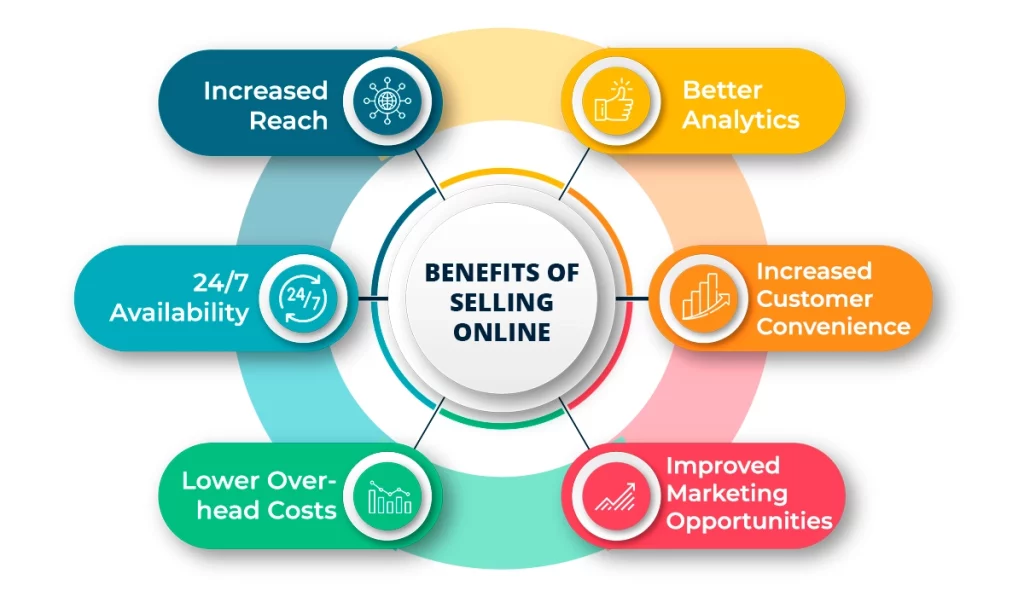
1) Increased Reach
The potential to reach a far bigger audience than you could with a traditional storefront is one of the main benefits of an owner deciding to start selling online. Online businesses lose the geographical limits of a brick-and-mortar store and hence provide a broad customer base. You may sell your goods to clients all over the world, not only in the vicinity, by creating an online store. This opens up a vast potential market for your business, allowing you to reach customers who may have yet to hear about you.
You can reach customers of varying demographics, interests, and preferences with online websites and marketplaces. Because of this, by applying targeted marketing using SEO, email marketing, social media marketing, and remarketing you increase your chances to reach customers who are most likely to be interested in your products. This in turn increases your conversions and sales.
It is possible to increase the scalability of your business much more quickly if you start selling online. If your online sales increase quickly, your business will need to be expanded. You can expand your online business without investing more in additional physical locations.
Overall, we see that by limiting geographical restrictions, using diversity of the internet to an advantage, and increasing scalability of your business you can have an increased reach.
2) 24/7 Availability
We have seen previously that you remove geographical limitations by choosing to start selling online. But another advantage you have is removing limited opening hours. For a physical store, 24/7 availability would involve significant costs, including more staff, more utilities, and more security. On the other hand, since online stores have automated processes for order placement, payment processing, and delivery options, customers can place orders and complete their transactions at any time even outside of regular business hours. There is no manual intervention needed which increases the convenience for customers to place orders.
Since we know that when you start selling online, you reach a wider audience so you may now have people from different timezones looking at your business. Since it requires no physical presence or extended working hours, it makes it immensely easier for them to shop at their convenient time. This flexibility enables you to cater to a global audience effectively, even if you and your staff are not directly involved in the process.
Another factor is that with the rise of using mobile phones for shopping, it has now become essential that businesses become online and have their services open to browse and shop in, 24/7 around the clock.
Overall we see that if you start selling online, you provide the advantage to your customers of shopping 24/7 whenever they want, catering to the needs and preferences of customers.
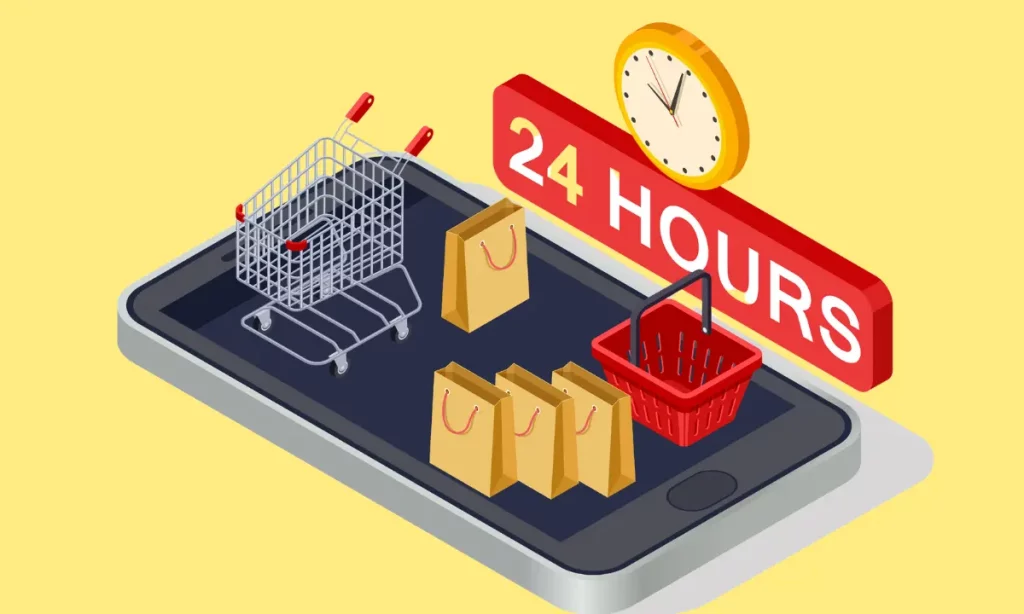
3) Lower Overhead Costs
Running a brick-and-mortar store can be expensive, with costs such as rent, utilities, and staff adding up quickly. By contrast, running an online store can be much more cost-effective as you can eliminate expenses associated with renting or purchasing a physical space. No need to worry about property leases, utilities, or maintenance. Generally physical stores also require more staffing but online stores require only very few essential staff as most of the processes are automated. Sometimes when you’re just starting out you can even operate by yourself. Marketing and advertising also take a relatively cheaper amount to generate the same if not more ROI as online advertising is highly targeted and cost-effective.
There may still be costs related to website development, hosting, cybersecurity, customer support, and shipping but it is significantly less than the cost of operating a physical store. But even those costs can be cut down if one decided to use an eCommerce website builder that builds the store for you without requiring you to have any coding skills and also takes care of other factors associated with it such as shipping, security, and customer support. A few examples of such platforms that provide such services are Shopify, Unizap, and Ecwid.
4) Better Analytics
One of the great advantages of selling online is the wealth of data that is available to you. eCommerce platforms provide a wealth of data on customer behaviour, such as demographics, browsing history, products viewed, items added to the cart, purchase history, and more. By analyzing this data, you can gain valuable insights into your customers’ behaviour and help you understand their needs and interests. They also allow you to track various metrics like website traffic, conversion rates, average value, etc which helps you assess and improve your business.
With online selling, you can segment your customers based on various criteria and this helps you in personalizing marketing campaigns to different customer segments leading to higher conversion rates. One of the biggest advantages of online selling which lacks in physical stores is A/B testing. These tests allow you to experiment with different versions of your website, product pages, pricing strategies, promotional offers, etc and since you can track the performance, it is easier to know which works better for your audience and optimize your approach based on that.
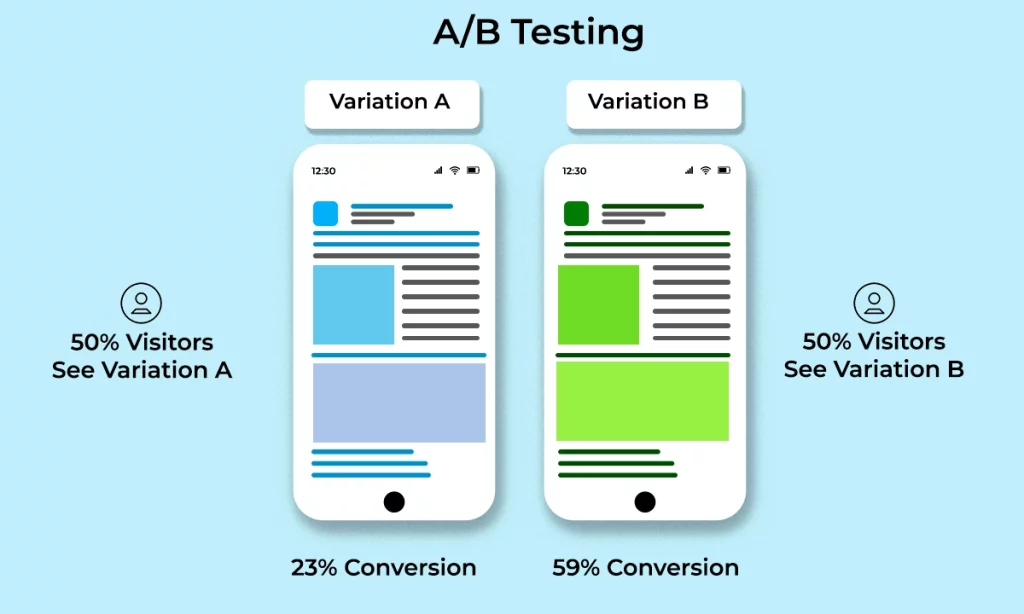
5) Increased Customer Convenience
In today’s fast-paced world, many customers value convenience above all else. By having an online store, you can offer customers the convenience of shopping from the comfort of their own homes, at any time of day or night. This can be particularly appealing to busy customers who may not have time to visit a physical store during regular business hours. They also have a wider range of products to choose from as online stores are not space limited, unlike physical stores.
Online selling makes it convenient for customers as it is usually delivered to their doorstep. They don’t have to go through the hassle of travelling and carrying it back home. Another factor is the seamless returns and exchanges. Customers don’t need to return the items in person as they can initiate returns or exchanges online, making the process easier. These conveniences make the online shopping experience more efficient, flexible, and tailored to individual customer needs.
6) Improved Marketing Opportunities
Selling online provides you with the benefit of targeted marketing on various platforms. This enables businesses to tailor their marketing efforts to specific targeted demographics, interests, and behaviours. This increases the chances of conversion and hence results in a better ROI than traditional media. Paid ads aren’t the only option to get traffic to your website either. Online selling provides the opportunity to improve your ranking through search engine optimization (SEO) and content marketing. By posting blogs and articles and optimizing them, you can bring organic traffic and build your brand awareness.
Social media channels enable businesses to engage directly with customers and form a community and build their brand awareness and reputation. Social media allows for influencer collaborations and earned media (user-generated content like posts, reviews, comments, etc) all of which impact brand exposure and sales.
Frequently Asked Questions
[elementor-template id=”45687″]

